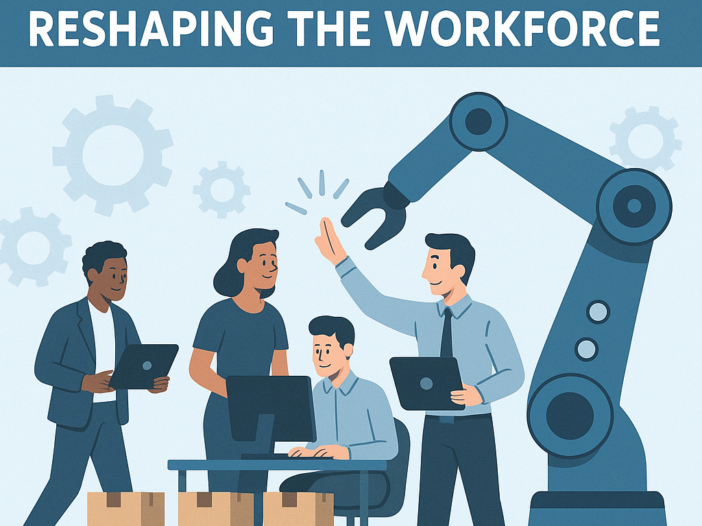
[Emri] / [Presentation Date]
The AI Job Shift
Introduction: The Rise of AI
Artificial intelligence is the ability of a computer or a machine to mimic human cognitive abilities such as learning, problem-solving, and decision-making.
Advancements like natural language processing, computer vision, machine learning, and deep learning are enabling AI to perform increasingly complex tasks.
The exponential growth in computing power and data availability are key drivers of this rapid advancement.
AI is increasingly integrated into various industries, such as healthcare diagnostics, financial fraud detection, and personalized marketing.
Key Milestones
- Early AI Research
- Machine Learning Breakthroughs
- Deep Learning Revolution
- Current Applications
Branches of AI
- Machine Learning
- Deep Learning
- Natural Language Processing
- Computer Vision
Areas of Impact: Jobs at Risk
Manufacturing and Production
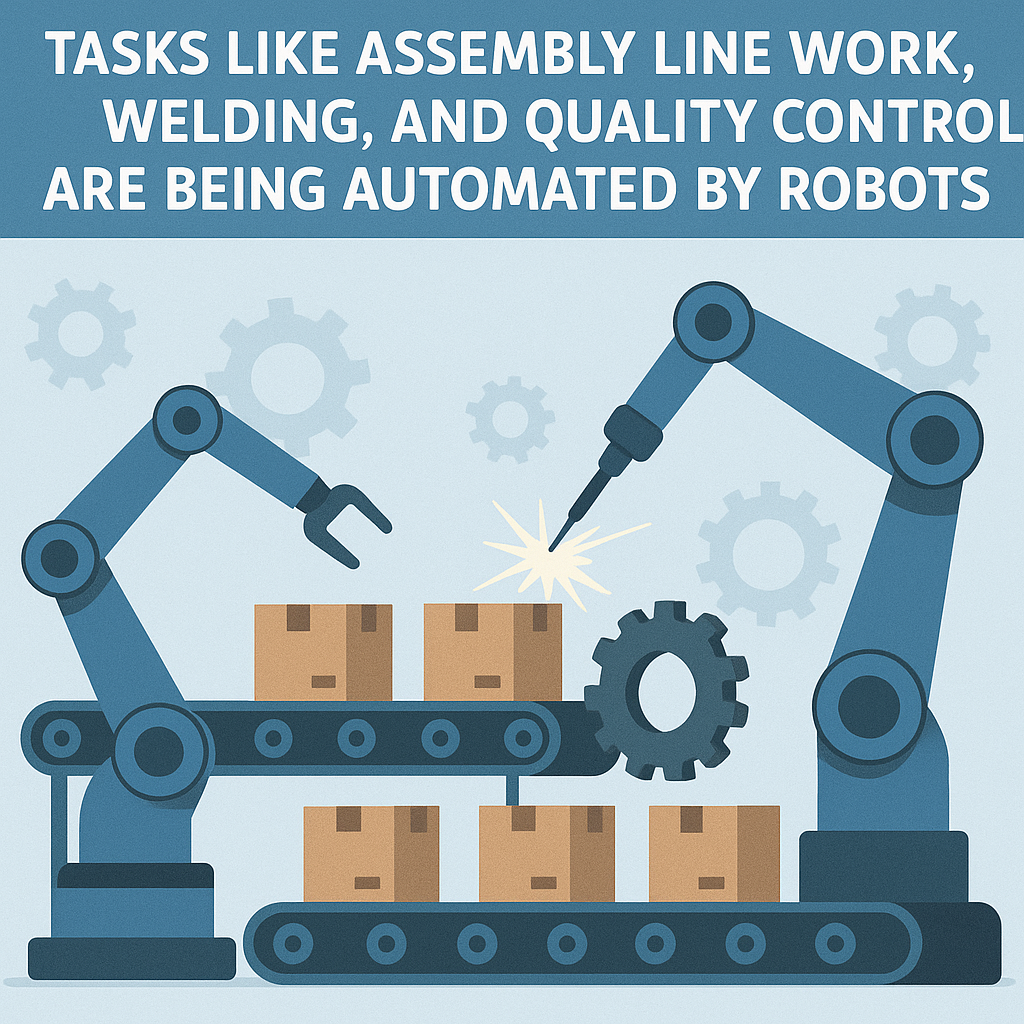
Customer Service
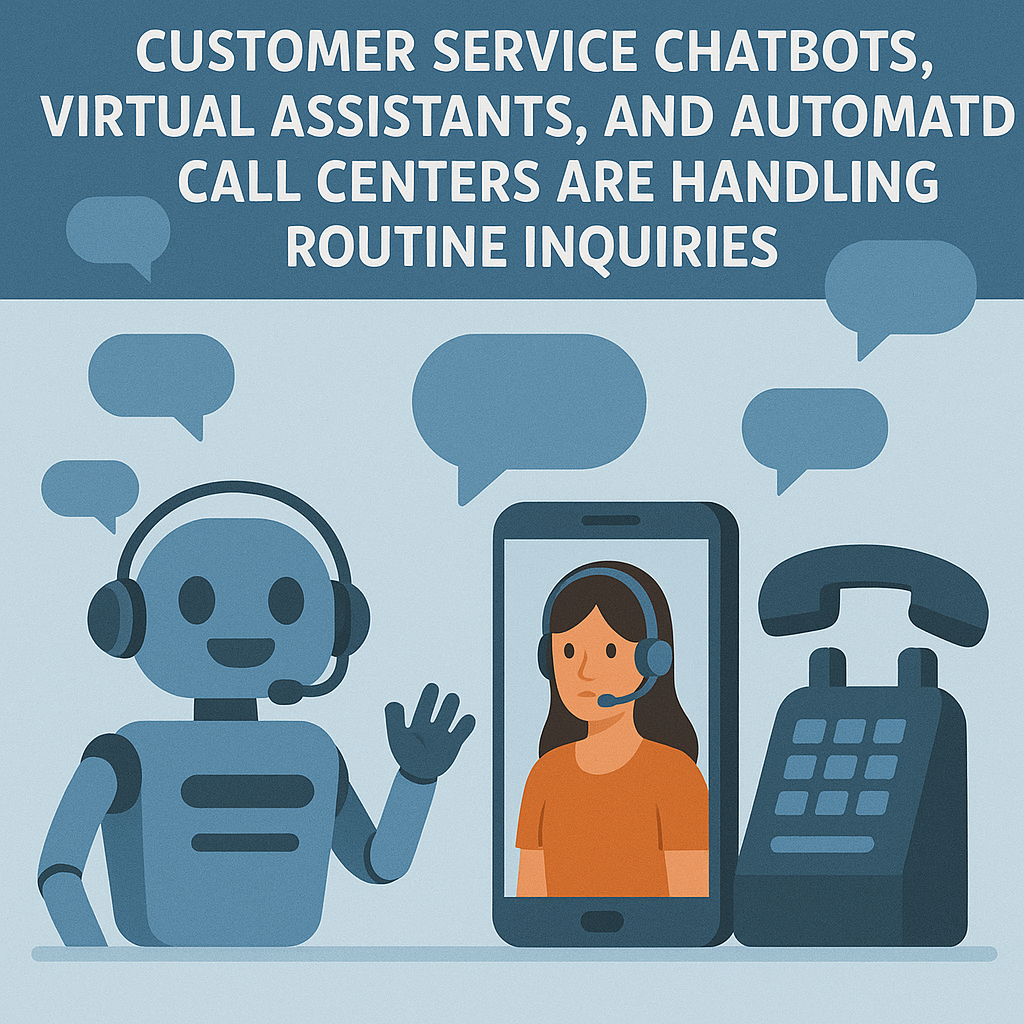
Data Entry and Administrative Tasks
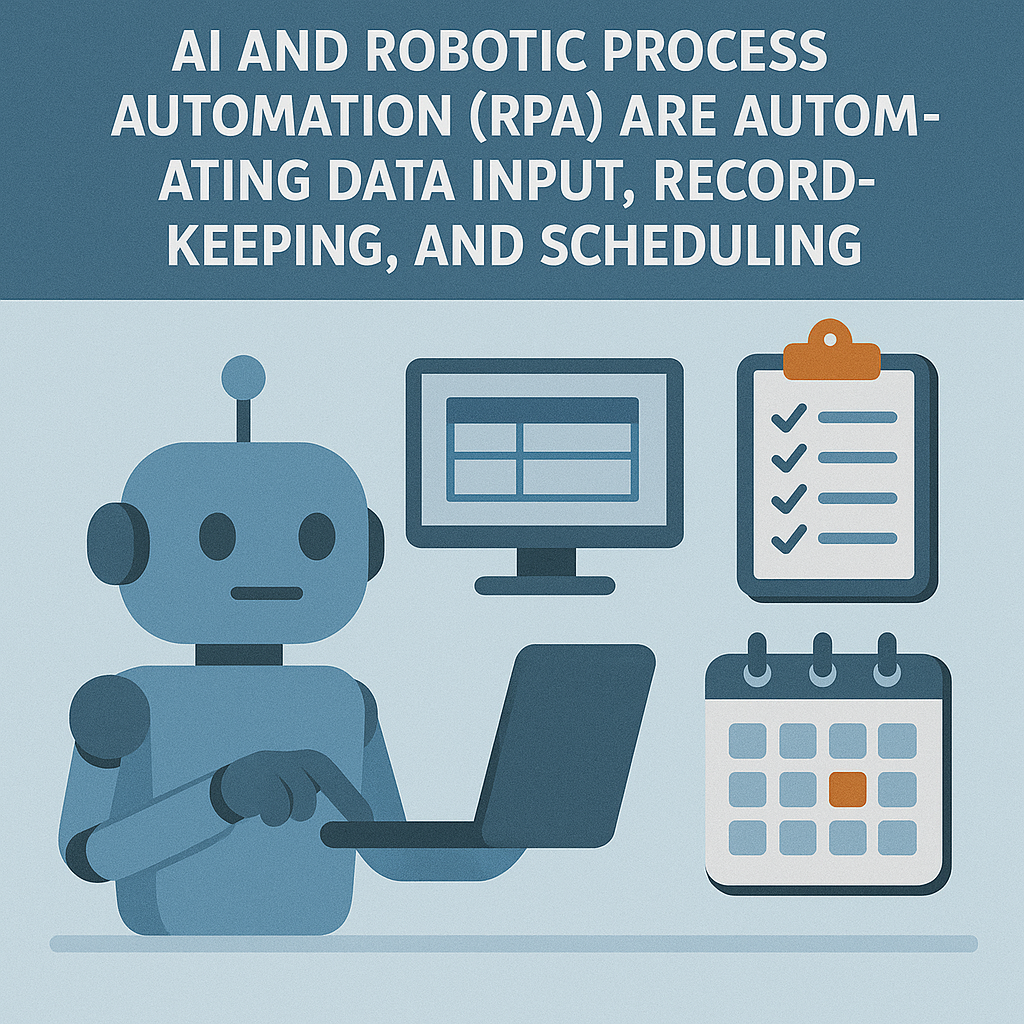
Transportation and Logistics
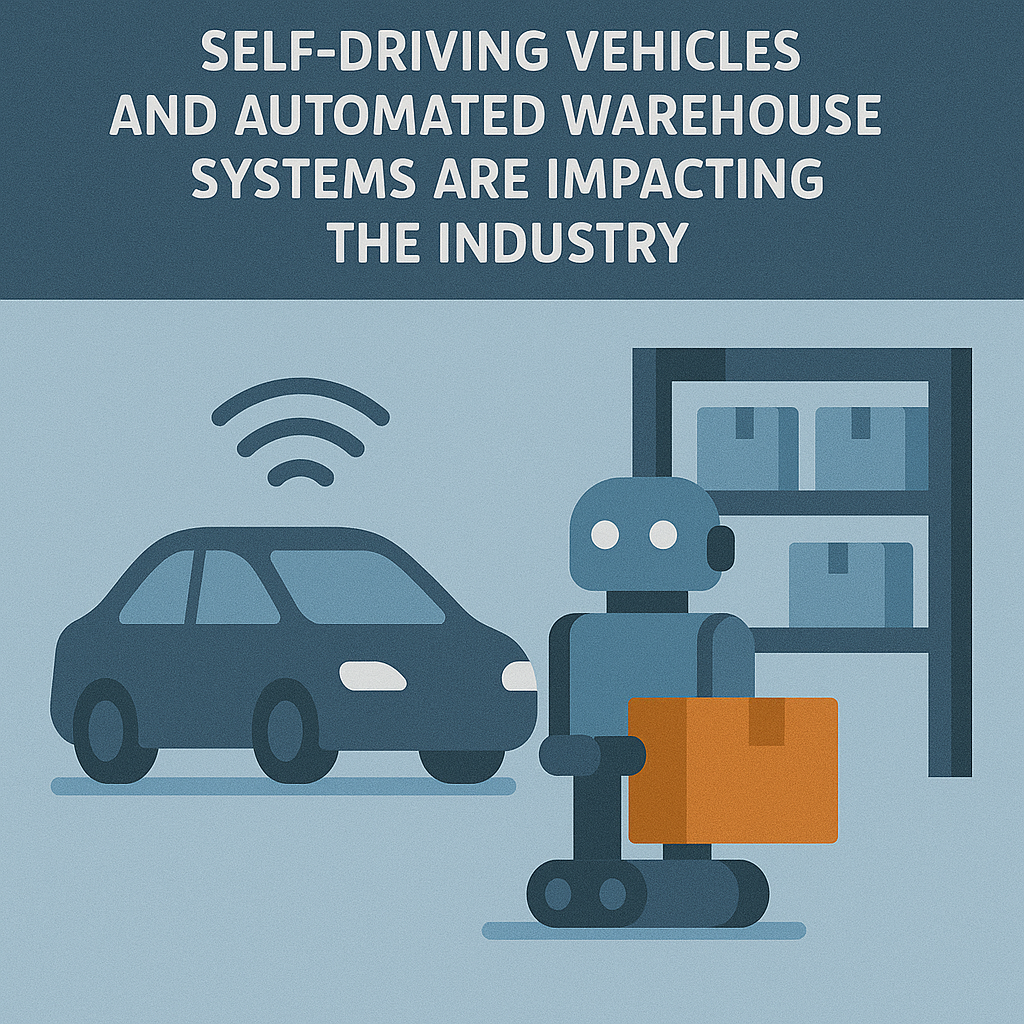
Retail
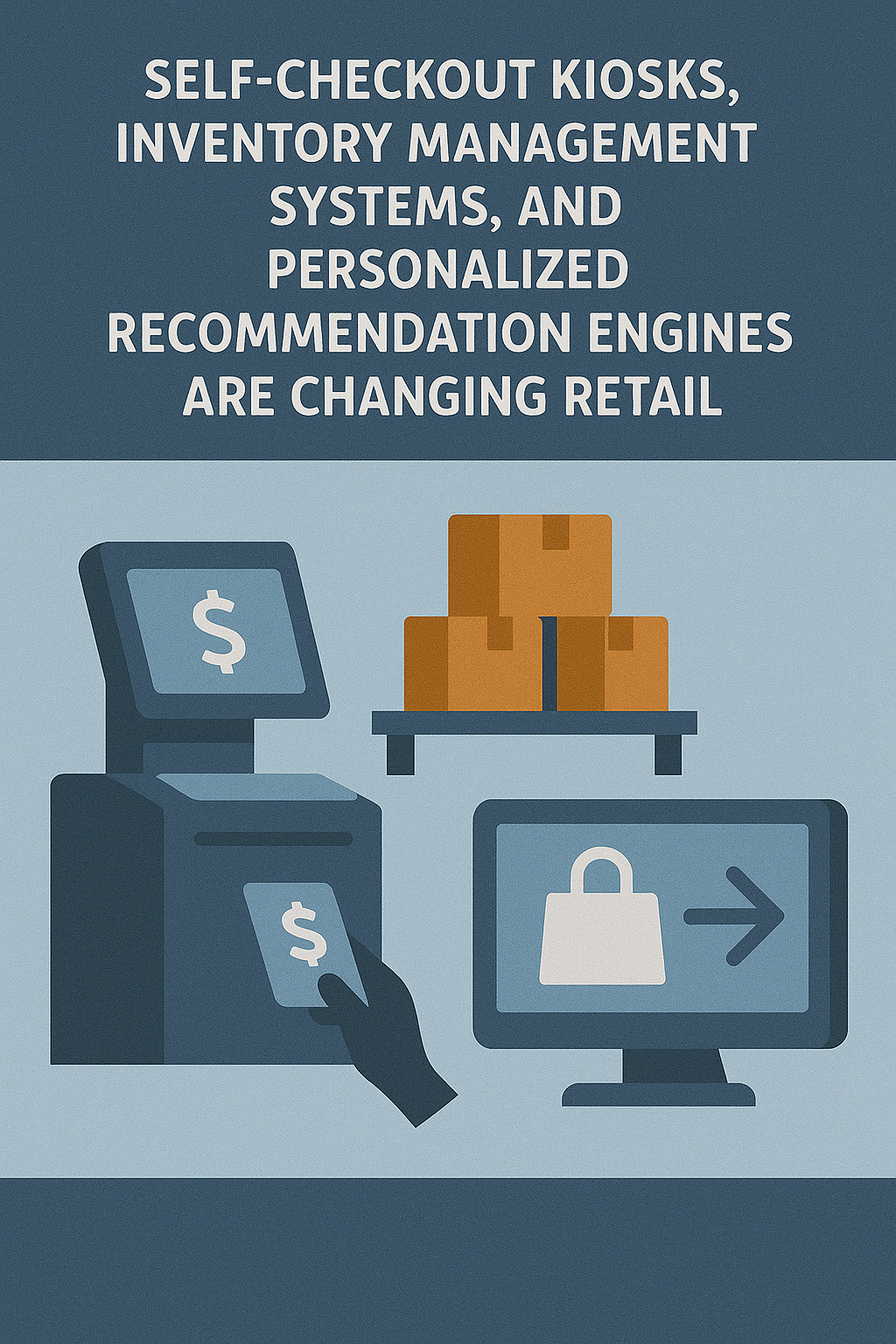
Examples of AI in Action
Automated Assembly Lines
Robotic arms perform repetitive tasks with speed and precision in manufacturing.
AI-powered Chatbots
Chatbots handle customer inquiries, provide information, and resolve simple issues.
Algorithmic Trading
AI algorithms analyze financial data to make trading decisions at high speeds.
AI-driven Data Analysis
AI identifies patterns, trends, and insights from large datasets efficiently.
The Economic Implications
Potential displacement of workers in various job sectors may lead to increased unemployment.
Those with AI-related skills may see increased wages, while others in automated roles may face job losses or lower wages, widening the income gap.
Investing in education and training programs is crucial to equip workers with skills for the future job market.
Job Displacement
Widening Income Gap
Workforce Retraining
The Human Element: Skills in Demand
Critical Thinking and Problem-Solving
Analyzing complex situations and developing effective solutions.
Creativity and Innovation
Generating new ideas, concepts, and artistic expressions.
Emotional Intelligence and Interpersonal Skills
Empathy, communication, collaboration, and leadership.
Complex Decision Making
Ethical considerations, nuanced judgment, and understanding human behavior.
Adapting to the Future
Lifelong Learning and Skill Development
Continuously learning new skills and adapting to evolving job market demands.
Government Policies
Supporting workforce transitions through education, unemployment benefits, and potentially universal basic income.
Rise of New AI-Related Jobs
Emergence of roles in AI development, maintenance, data science, and AI ethics.
Ethical Considerations
Addressing challenges like bias in algorithms, data privacy, and responsible AI use.
Conclusion: The Future of Work
AI is evolving rapidly, accelerating its impact on the job market.
Repetitive tasks are most vulnerable, while jobs requiring creativity and critical thinking are more secure.
Adaptability and lifelong learning are crucial for navigating the changing job demands.
Careful consideration of ethical and economic consequences is necessary for widespread AI adoption.
Q&A
Open the floor for questions.
References
- \[Reference 1]
- \[Reference 2]
- \[Reference 3]